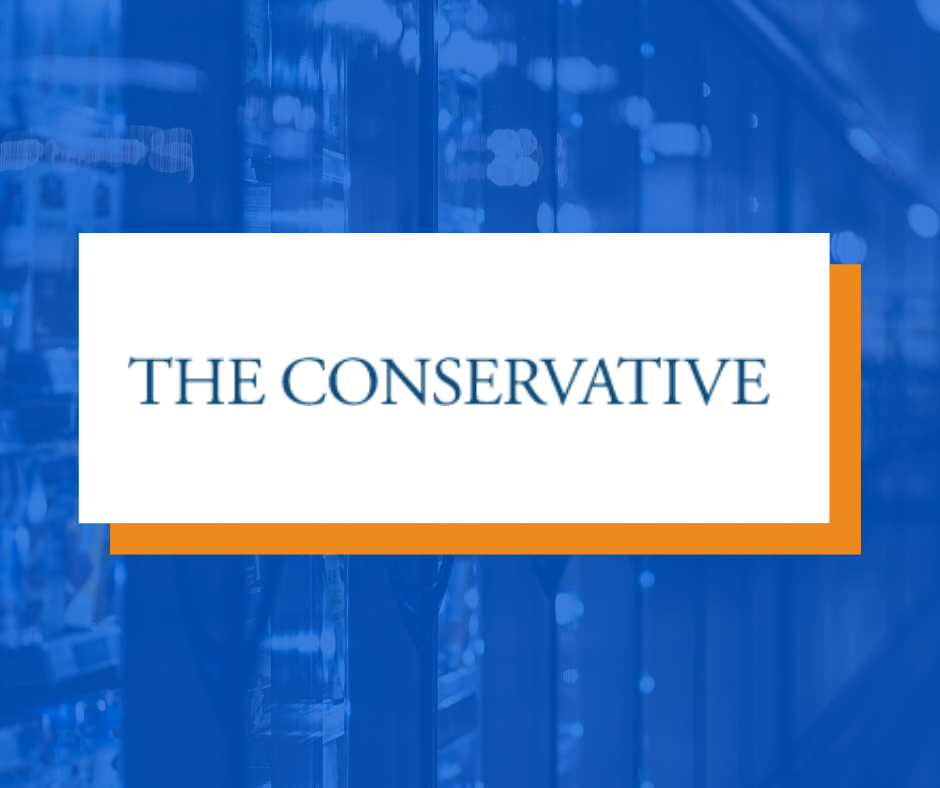We have created a public policy monster that lurks out from the backroom once we eye the cookie jar.
Not a day goes by without a public health campaigner knocking on your door (though currently it’s probably an email) to explain to your which product should be banned or taxed out of existence. It used to be just tobacco, due to the unique health risks associated with smoking — but with an increasing amount of consumers switching to healthier alternatives such as vaping, other products have become the focus. Whether it is alcohol, sugar, fat, or gambling, no vice goes left unchecked in the eternal strive to punish consumers for the things they like.
That is not to say that all of them come without their downsides, they clearly do. It is hardly recent wisdom that all consumption should be about moderation, and that moderation is a subjective standard that each individual has to make out for themselves.
‘54,000 obese schoolchildren’ was the slogan by which Irish politicians lobbied for a new sugar tax back in 2017. Quite evidently, the implication is all those who disagree with the measure must not be concerned about the children – despite the possibility that child obesity might not be stopped by an increase in the price of a Coke, but that it has far-reaching roots that need to be sorted out first.
The Irish measure is aligned with the recent French increase on their existing tax on soda. Then president Nicolas Sarkozy had introduced the measure, which then continued to be exploited for revenue increases. The initial tax constituted €7.53 on 100 litres of soda, or 2.51 cents for a can of 33 centilitres.
One might suggest that this is steeped in irony, considering that through parts of the European Union’s common agricultural policy, France is also subsidising sugar. Being asked to pay twice, once for the subsidisation of sugar, and then its consumption, is probably hard to swallow for the French consumer.
In a panel at the International Monetary Fund last year, Bloomberg addressed the question of regressive sin taxes. ‘Some people say, well, taxes are regressive’, he said. ‘But in this case, yes they are. That’s the good thing about them because the problem is in people that don’t have a lot of money.’
IMF managing director and chair Christine Lagarde chipped in at the end of the clip: ‘So it’s regressive, it is good. There are lots of tax experts in the room… And they all say that two things in life which are absolutely certain. One is death, the other one is tax. So you use one to defer the other one.’
‘That’s correct. That is exactly right. Well said’, adds Bloomberg.
The premise of this patronising politics is this: that the consumer is basically too inept to make decisions about his or her own life. Blinded by the irrationality of his own mind and instinct-lead urges, it can only be the benevolence of modern-day public policy that can lift him out of his distress. That, at least, seems to be the assumption of today’s regulators.
The truth, however, is of a very different kind. Despite not being particularly vocal about their opposition to sin taxes, consumers speak clearly when it comes to their market decisions. This is a line I’ve used before, but it remains as true as it’s ever been: people want to smoke, eat fatty foods and drink soda, and politicians need to start to come to grips with it. These are all products we should consume in moderation and with transparent information about its health concerns, but we should stop criticising the innate desire to have them in the first place.
We have created a public policy monster that lurks out from the backroom once we eye the cookie jar, when we should actually be completely unapologetic about the fact that we like candy, we lust after soda and that we love chocolate.
Originally published here.



